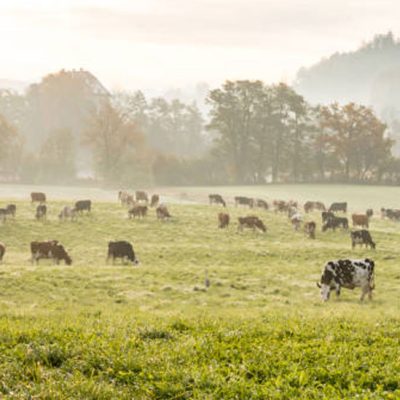

Non-energy greenhouse gas emissions account for one-third of the global total, with significant contributions from four main sectors:
1) Land use, including deforestation;
2) Methane and nitrous oxide emissions from livestock industries;
3) Soil carbon loss; and
4) Landfills and wastewater treatment. Similar to air pollution, understanding the mechanisms, developing technologies/policies for prevention, and reducing greenhouse gas emissions from these sources are crucial aspects of research in this field.
Currently, there is observational evidence that the threats from climate change are intensifying. Hence, it is imperative to implement measures to mitigate the negative impacts. Key measures include adapting to climate change in a manner that aligns with and suits the societal context. Simultaneously, efforts are made to explore and capitalize on new opportunities associated with these changes. This requires policy adjustments and actions to build resilience and enhance adaptive capacity to climate-related dangers and natural disasters. Additionally, it involves integrating climate change adaptation measures into national policies, strategies, and planning.
Compared to energy-related greenhouse gas emissions, there is relatively less attention given to non-energy emissions, resulting in limited understanding of the associated mechanisms and control measures. Therefore, there is a need to continue developing human capacity in this area.